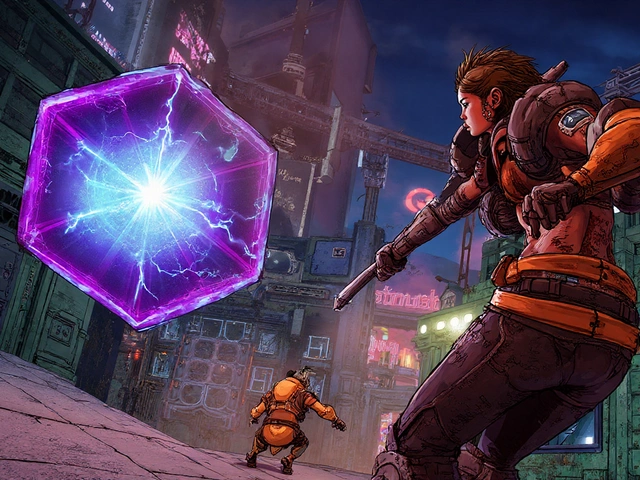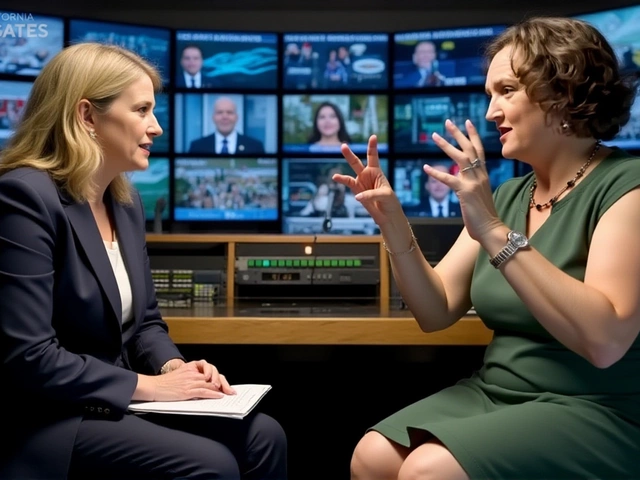Chelsea 3-0 Barcelona: Estêvão Star Shines as Blues Crush Spanish Giants in Champions League Masterclass
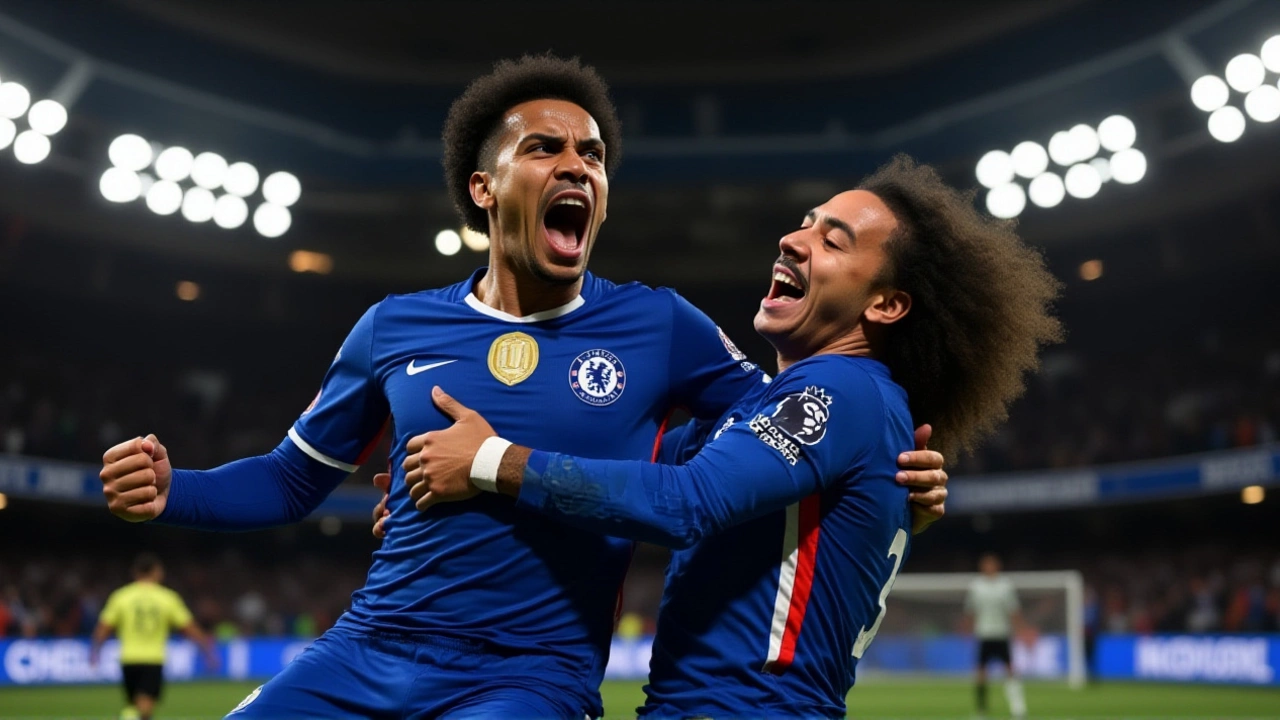
Chelsea stunned Barcelona with a 3-0 thrashing at Stamford Bridge on Tuesday, November 25, 2025 — a result that didn’t just win them three points, but sent shockwaves through the UEFA Champions League League Phase. The match, which ended at 9:48 PM GMT, wasn’t just a victory. It was a statement. A young, hungry Chelsea side, led by their 18-year-old sensation Estêvão Willian de Jesus da Silva, dismantled a Barcelona side still reeling from their own tactical overconfidence. And the most frightening part? This wasn’t luck. It was precision.
A Tactical Trap Laid in London
Barcelona, under Hansi Flick, have played with a high line all season — aggressive, bold, and risky. It worked against weaker teams. Against Chelsea, it was suicide. Enzo Maresca, Chelsea’s 44-year-old Italian manager, didn’t just notice the weakness. He weaponized it. He sent out Pedro Neto, Alejandro Garnacho, and Estêvão as a front three with one job: run in behind. Constantly. Relentlessly. And it worked.
Before the 27th minute, Barcelona’s defenders were already sweating. Every time the ball went forward, Chelsea’s trio were already sprinting past them. Offside flags flew more than 10 times in the first half — not because Chelsea were offside, but because Barcelona’s backline was so far up, they couldn’t react in time. Then came the goal. Jules Koundé, trying to clear a cross, tripped over his own feet. The ball ricocheted past Joan García Llarena — own goal. 1-0. The crowd roared. Barcelona’s players looked confused.
Red Card, Rising Pressure
Just before halftime, it got worse. Ronald Araujo, Barcelona’s fiery Uruguayan center-back, lunged into a reckless challenge on Reece James. Second yellow. Sent off. 10 men. The momentum had shifted. Barcelona didn’t drop back. They kept pushing — desperate, almost reckless. It was as if they thought sheer will could overcome the gulf in tactics.
That’s when Estêvão, barely older than a teenager, showed why he’s already being compared to the greats. In the 62nd minute, Reece James surged down the right, cut inside, and slipped a ball through the gap between Barcelona’s midfield and defense. Estêvão didn’t hesitate. One touch to control, one to finish — right foot, top corner. No celebration. Just a nod. Calm. Clinical. The stadium exploded.
The Killer Blow
Eleven minutes later, it was over. Liam Delap, the 22-year-old English striker, received a pass from Enzo Fernández in the box. His first shot was blocked. His second — a low, drilled effort — nestled into the bottom right. But the referee hesitated. VAR was called. The tension was thick. Two minutes later, the goal stood. 3-0. The goal was legitimate. The match was over.
Barcelona had 52% possession. Chelsea had 14 shots to their 8. Six of Chelsea’s shots were on target. Barcelona managed just two. Numbers don’t lie. And neither does the scoreboard.
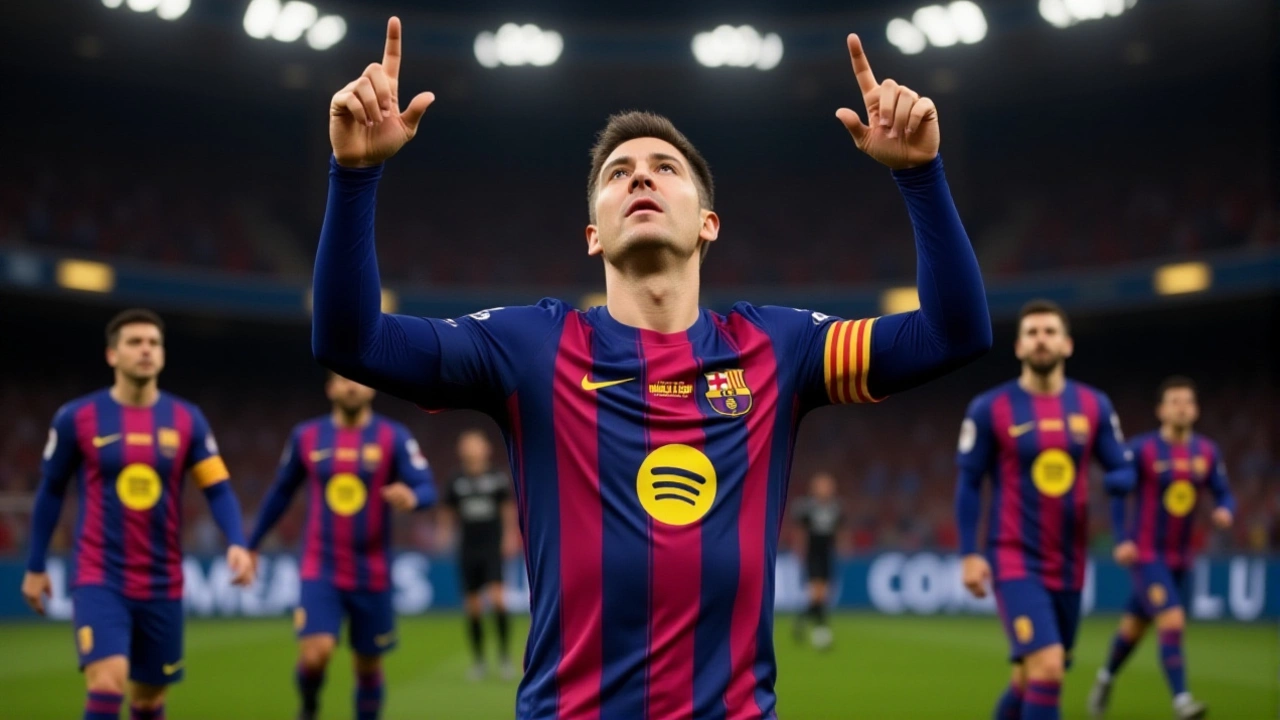
What This Means for Both Teams
For Chelsea, this wasn’t just a win. It was validation. After years of instability, they’ve found identity — pace, pressure, and purpose. Moving to fourth in the UEFA Champions League League Phase, they’re now firmly in the driver’s seat for automatic knockout qualification. With four games left, they’re not just contenders. They’re favorites.
For Barcelona, it’s a crisis. Flick’s high line, once a hallmark of modern attacking football, has now been exposed as exploitable. The loss leaves them in danger of missing the top eight. And the questions are piling up: Why didn’t they adjust? Why keep pressing? Why trust a system that just got shredded by an 18-year-old?
The Rise of Estêvão
Let’s not bury the lead here. Estêvão didn’t just score. He announced himself. Born in Brazil, raised in Chelsea’s academy, he’s now the youngest player to score in a Champions League match against Barcelona since Lionel Messi in 2005. His movement, his composure, his timing — it’s not just talent. It’s intelligence. He didn’t need to dribble past three players. He just ran into space and finished. That’s the future.
And he wasn’t alone. Garnacho, Neto, Delap, Fernández — they all played with a hunger that Barcelona’s stars seemed to have forgotten. The Spanish giants had the names. Chelsea had the nerve.
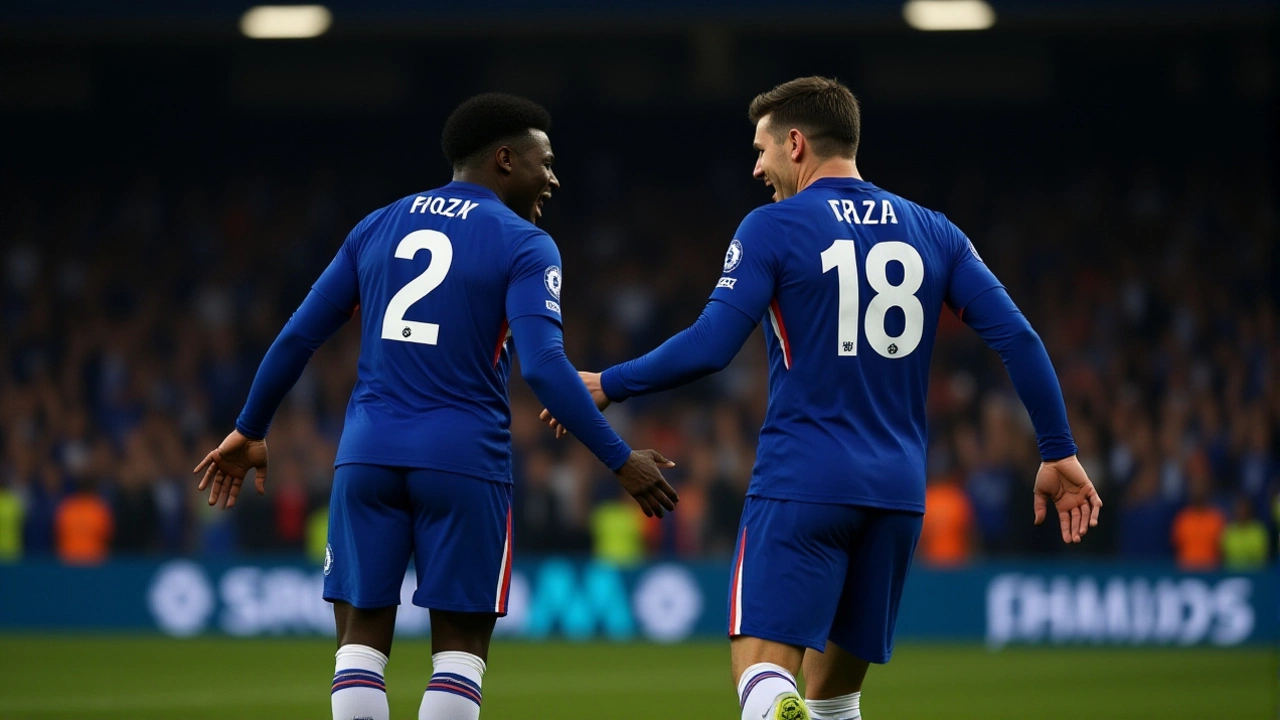
What’s Next?
Chelsea’s next fixture is December 10, 2025, away to RB Leipzig. A win there could seal their knockout spot. Barcelona, meanwhile, face a must-win against AC Milan on the same day. If they lose, their Champions League campaign could be over before Christmas.
One thing’s clear: Flick’s Barcelona are in trouble. Maresca’s Chelsea are just getting started.
Frequently Asked Questions
How did Chelsea’s tactics specifically exploit Barcelona’s high line?
Chelsea deployed three pacey forwards — Estêvão, Garnacho, and Neto — who made constant runs behind Barcelona’s elevated backline. Barcelona’s defenders, trained to push high under Flick, were caught out repeatedly. The result? 10+ offside calls in the first half, but Chelsea’s timing was perfect. When Koundé’s own goal opened the scoring, it was the direct result of this pressure forcing a panicked clearance.
Why was Estêvão’s performance so significant for Chelsea’s future?
At 18, Estêvão became the youngest player to score against Barcelona in Champions League history since Messi in 2005. His calm finish under pressure, combined with his intelligent movement, suggests he’s not just a prospect — he’s a potential cornerstone. If he continues this form, Chelsea may have found their next global superstar without spending a cent on transfer fees.
What does this result mean for Barcelona’s qualification chances?
Barcelona now sits in 11th place in the League Phase, just one point above the cutoff for elimination. With only four games left and a tough fixture against AC Milan looming, they need to win at least three — including beating Chelsea in the reverse fixture — to guarantee progression. Their high-line system is now under intense scrutiny, and morale appears fractured.
How does this compare to Chelsea’s past Champions League successes?
This is Chelsea’s most convincing Champions League win since their 1-0 final victory over Manchester City in 2020/21. Unlike that final, which was a tight, defensive battle, this was a dominant, attacking masterclass. It’s the first time since 2012 that Chelsea have beaten a Spanish giant by three goals in Europe — and they did it with a squad averaging just 22.5 years old.
Is Hansi Flick’s future at Barcelona now in jeopardy?
Yes. Flick’s tenure has been under pressure since the summer, and this result has intensified the criticism. His refusal to adapt tactically — even after being exposed repeatedly — has raised questions about his flexibility. Barcelona’s board is reportedly meeting this week, and while no decision is imminent, a loss to Milan on December 10 could trigger a managerial change before the January transfer window.
What’s the significance of the 14 shots to 8 stat in this match?
Despite having less possession, Chelsea had more than double the shots on target (6 vs. 2), showing superior efficiency. This highlights how Chelsea’s strategy wasn’t about controlling the ball — it was about controlling space and timing. Every shot was a direct result of quick transitions and exploiting gaps. It’s the modern blueprint for beating possession-heavy teams: don’t out-pass them. Out-think them.
- November 26, 2025
- Maddox Landry
- 0 Comments
- Permalink
